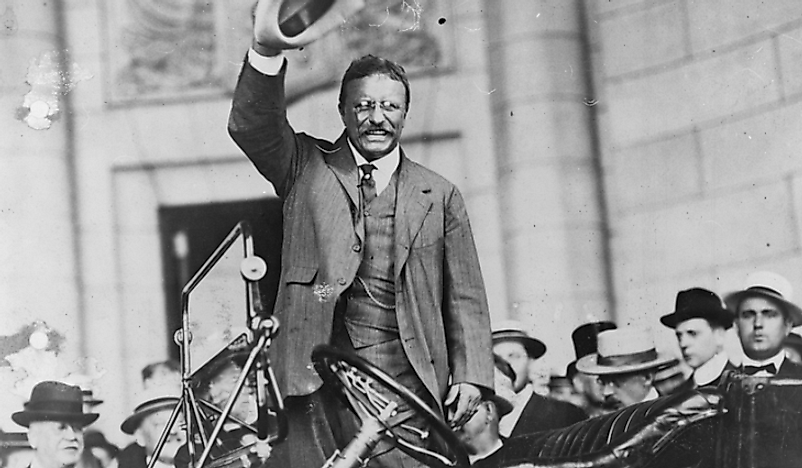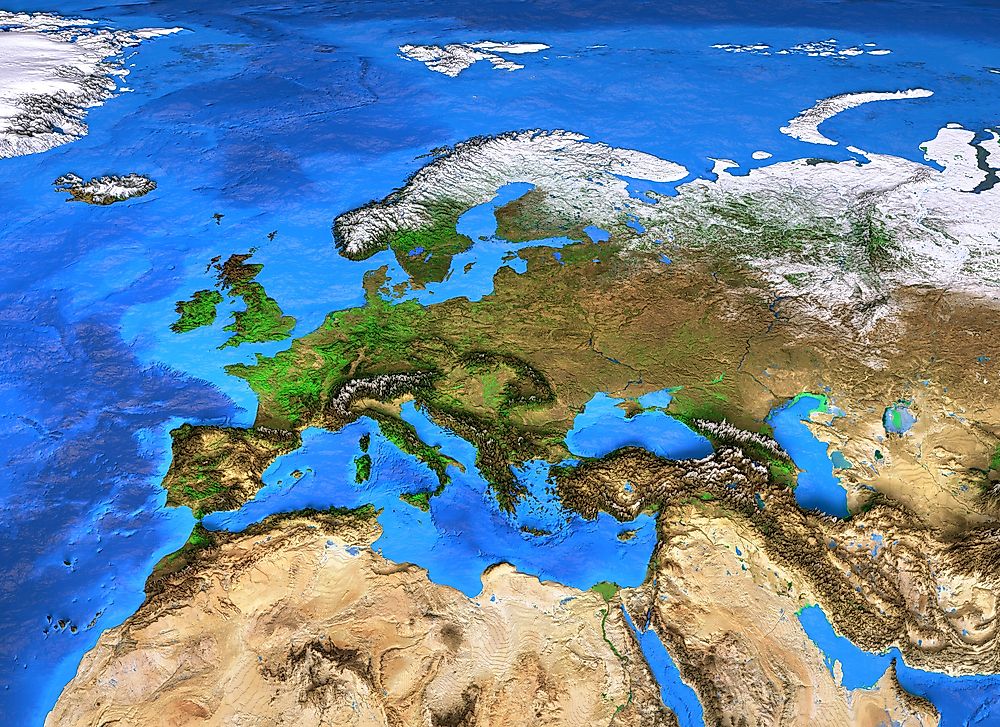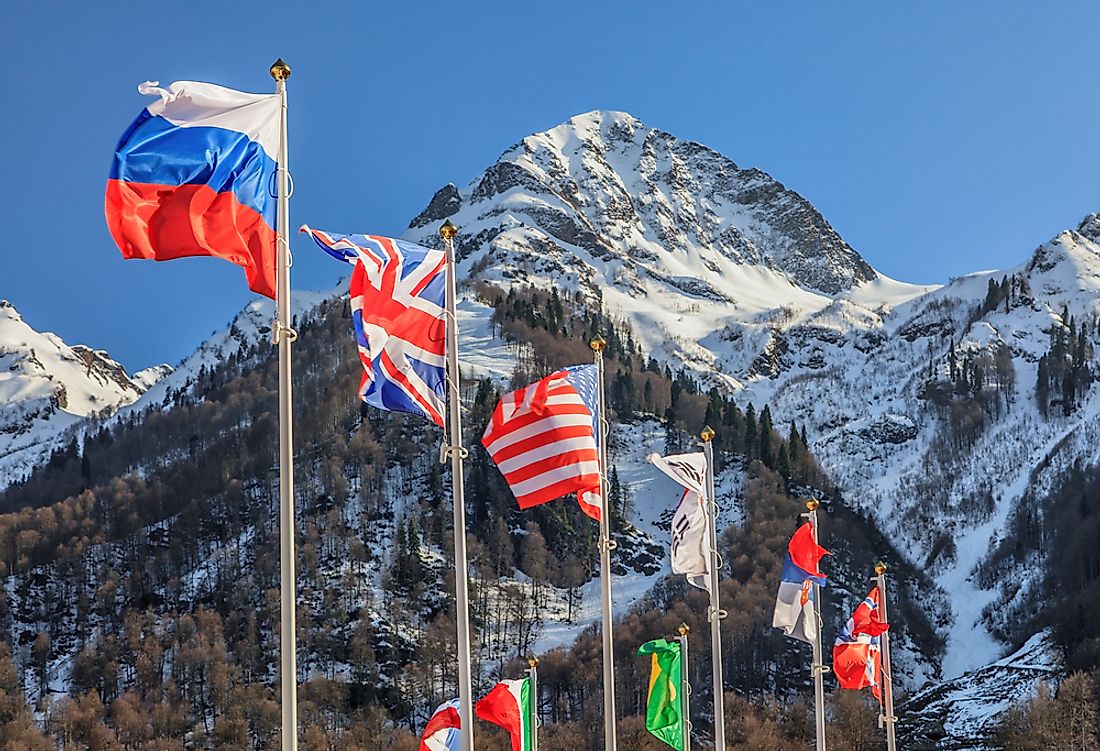What Is Trust Busting?

What Is Trust Busting?
Trust busting is the manipulation of an economy, carried out by governments around the world, in an attempt to prevent or eliminate monopolies and corporate trusts. Trusts are typically large conglomerates that may hold the title of or own the assets of several organizations. Generally speaking, these organizations belong to the same type of industry. Trusts may be beneficial to members because it affords them a larger share of the market. However, this may be detrimental to the economy.
Shutting down monopolies within certain markets fosters free and unlimited competition, which is beneficial to both the economy and consumers. Although antitrust laws and trust busting policies occur all over the globe, the term trust busting is most commonly associated with the economic policies of Theodore Roosevelt, the 26th President of the United States. This article highlights the origins of trust busting, the negative economic consequences of monopolies and large trusts, the practice of antitrust laws around the world, and the implementation of trust busting by former US President Roosevelt.
The Origin of Trust Busting
Trust busting is rooted in competition law, which is also known as anti-monopoly law or antitrust law. These laws allow governments to regulate economic competitive activities and can be enforced by both the public and private sectors. Several economic theories attempt to explain the importance of ensuring competition within the marketplace. Neo-classical theory suggests that economies with free competition work to improve the quality of life within a society.
Historians believe that competition law was first practiced by the Roman Empire to maintain a fair market for trade in grains. This grain protection law prohibited individuals from doing anything to intentionally manipulate the price of grain, such as buying and storing all of the supply or preventing shipments from reaching port. Competition law continued to spread throughout Western Europe and into England, where it was expanded upon during the Middle Ages.
In England during the 15th century, restraint of trade became common law. This law made it illegal for any person or corporation to create or enter into a trade agreement with the intention of restraining another person or entity’s trade practices. Restraint of trade common law is now recognized as the origin of antitrust laws today. Canada became the first country to pass modern legislation concerning anti-monopoly laws during the late 19th century. The following year, the United States passed the Sherman Act of 1890, which was considered a step toward formalizing issues previously known as common law.
Why Are Monopolies and Trusts a Bad Thing?
Monopolies, large conglomerates, and corporate trusts can have severely negative consequences for economic environments. When a single industry is controlled by only one enterprise or business, consumers tend to suffer. This large share of the market means that businesses can increase prices with no risk from competition. Additionally, large trusts or monopolies can offer lower quality items because the risk of a competitor offering something better is not likely. This practice removes competition from the marketplace.
Not all monopolies, conglomerates, and corporate trusts participate in this type of market control. Antitrust laws, anti-monopoly laws, and trust busting policies, however, work to dissolve any of the large organizations that do take advantage of their larger market share. Governments have worked to prevent these negative market results by closely monitoring corporate behavior. Some of the behaviors perceived as taking advantage of or holding a larger market share include: intentionally maintaining low levels of goods production; packaging two products into one sale, which removes market opportunity from competitors; and refusing to provide supplies to potential competitors.
Antitrust Laws Around the World
With modern antitrust laws in place in both Canada and the United States, this legal and economic concept has continued to spread around the world. Records indicate that as of 2008, 111 countries have enacted antitrust laws. More than half of these countries have introduced these laws only over the past few decades. Economists claim this rapid growth has been due to the establishment of the European Union and the fall of the Soviet Union. In Asia, these laws have helped economies to develop and expand.
Trust Busting and US President Theodore Roosevelt
Although the United States had officially passed the Sherman Act in 1890, the law was not typically enforced by courts throughout the country. In most cases, judges tended to side with businesses and corporations. One common example of this was evident in the American Sugar Refining Company, which was taken to court for controlling approximately 98% of the US sugar trade. In 1895, just 5 years after passing the Sherman Act, US courts ruled in favor of the American Sugar Refining Company and refused to dissolve its hold over the industry.
However, when Theodore Roosevelt took office in 1901, all of that changed. In 1902, Roosevelt revived the Sherman Act by suing the Northern Securities Company, a railroad trust that controlled the following companies: Great Northern Railway; Northern Pacific Railway; and the Chicago, Burlington, and Quincy Railroad. The court decision caused the conglomerate to dissolve. In 1903, he worked closely with Congress to establish the Elkins Act, which made it illegal for railroad companies to provide discounts to large farming establishments. These discounts made it difficult for smaller farming enterprises to take part in railroad services and the act served to make that access more equal across the board. In the same year, former President Roosevelt also pushed the Expediting Act forward. When the act was made legal, it worked to break up several large trusts that had been manipulating the market and, according to Roosevelt, taking advantage of consumers by increasing prices with no limits. The trusts that were busted as a result of this act included: steel, railroad, oil, and meat processing.
In the first 7 years of his presidency, Theodore Roosevelt constantly pushed for trust busting policies and court decisions. He brought at least 43 trusts to court during that time. When he was not busy with trust busting endeavors, former President Roosevelt was busy ensuring large trusts and conglomerations could not be newly established. For example, in 1903, he worked to create the Bureau of Corporations, which was charged with managing and investigating corporations that took part in the interstate trade. President Theodore Roosevelt has often been referred to as "The Trust Buster" in recognition of his political efforts.







